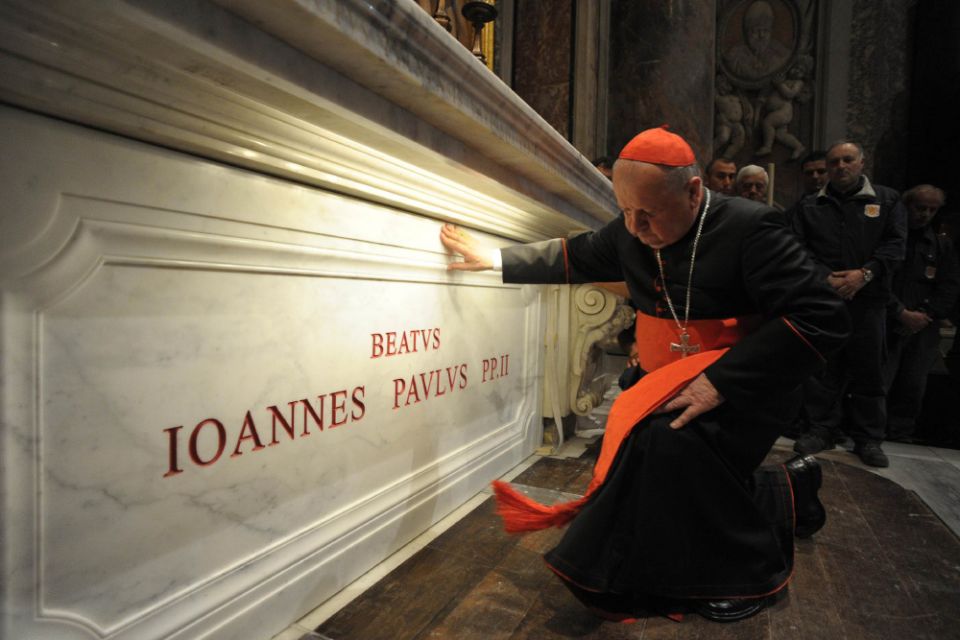
“And who among us could ever see clear? / The end is coming, it’s almost here,” Springsteen adds. “How can a man watch his life go down the drain? / How many moments has he lost today?” Mellencamp rasps. “Wasted Days,” the first single, a duet with Bruce Springsteen, is about the despair of aging. Mellencamp turned seventy in October, and this month he is releasing “Strictly a One-Eyed Jack,” his twenty-fifth album.

“Sometimes love don’t feel like it should,” Mellencamp sang on the single “Hurts So Good,” from 1982. “All great and precious things are lonely,” Steinbeck wrote in “East of Eden,” from 1952. Let’s get all those motherfuckers out of here.”īesides sharing Steinbeck’s political radicalism, Mellencamp also possesses his instinctive knowledge of just how desolate even the sweetest life can feel. I am for the total overthrow of the capitalist system. And you’re looking at the most liberal motherfucker you know. “Let’s address the ‘voice of the heartland’ thing,” he told Paul Rees, whose satisfying biography, “Mellencamp,” came out last year. The image of such “real,” non-coastal Americans has become a useful cudgel for conservatives looking to depict their opponents as élitist buffoons Mellencamp finds this grotesque. Yet Mellencamp has also bristled at this characterization, which is largely rooted in fantasy: men gazing wistfully out the windows of vintage pickup trucks, watching dust blow by, listening to some parched and distant radio station.

The musician, who comes from Indiana and began releasing records in the late nineteen-seventies, is known as a populist soothsayer, an irascible and unpretentious spokesman for hardworking, rural-born folks. Happy Go Lucky proves that Mellencamp has more surprises in him than many listeners would have expected and suggests that he is in the process of revitalizing his career.In 2012, the singer and songwriter John Mellencamp was given the John Steinbeck Award, presented annually to an artist, thinker, activist, or writer whose work exemplifies, among other virtues, Steinbeck’s “belief in the dignity of people who by circumstance are pushed to the fringes.” The grace of the marginalized is a long-standing theme of Mellencamp’s writing. Ironically, the tracks that exhibit Vasquez's influence the least are the least successful - they simply sound like Mellencamp is going through the motions.

Happy Go Lucky, Mellencamp doesn't end up alienating his fans, but the reluctance to give himself over to dance makes the album uneven. It's a gentle change, not a forceful one - nothing sounds like dance music, but there are deeper rhythms and bass throughout the album, which breathes life into well-crafted songs like "Key West Intermezzo." Since he doesn't pursue dance completely on Mr. Happy Go Lucky which ocasionally gives the album a greater depth. Vasquez doesn't push Mellencamp into dance, but he adds certain dynamics and techniques from club music to Mr. Although he hasn't abandoned the essential elements of his music - the rootsy instrumentation, the violins, the simple song structures, the gritty folk-rock - he has augmented it with the help of Junior Vasquez, a noted dance producer.

What is a surprise is his musical approach. Mellencamp has always been a bit of a fatalist, so it isn't any great surprise that there is an undercurrent of dark mortality running through most of his songs. Happy Go Lucky, the most overtly ambitious album in his career. John Mellencamp responded to his massive heart attack and close-call with death with Mr.


 0 kommentar(er)
0 kommentar(er)
